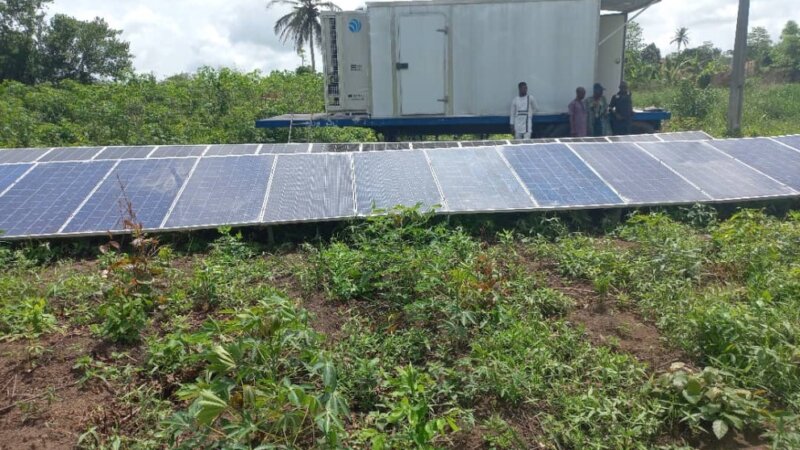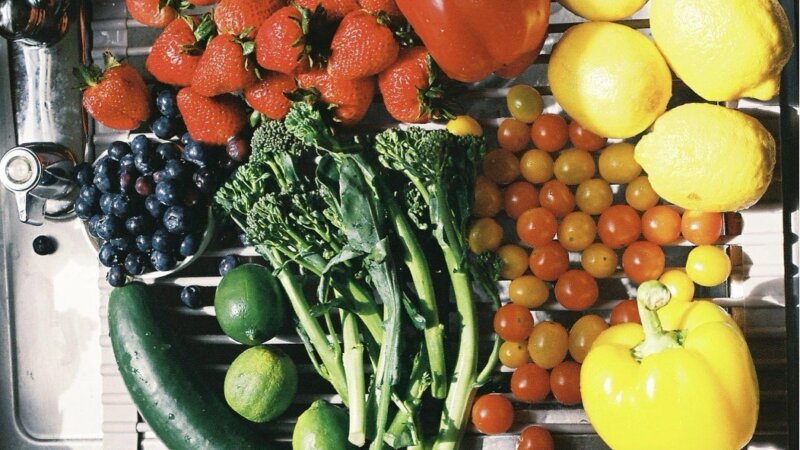Global Partnership for the True Price of Food spotlight on a member - Emmanuella Njoku Onyewuchi

In each of our GPTPF newsletters, we try to highlight one of our members. Meet Emmanuella Njoku Onyewuchi!
Why did you decide to join the GPTPF, and how did you first hear about true pricing?
I decided to join the GPTPF because the concept aligns with my passion for agriculture and sustainability. As a crop scientist, project manager, foodpreneur, and procurement assistant, I have seen firsthand how environmental and social costs in food production are often overlooked. I first learned about true pricing on LinkedIn and was immediately drawn to its potential to inform better decisions in both policy and practice.
From your perspective, what are the biggest challenges facing Nigeria’s agricultural sector when it comes to sustainability and pricing?
From my experience working in the agricultural sector, Nigeria’s agriculture faces challenges that go beyond just production. We see farmers struggle with access to finance, poor rural infrastructure, and high post-harvest losses.
"Pricing is distorted because farmers depend on middlemen, face limited market access, and operate under inconsistent policies so they earn little while consumers pay more."
With your experience in procurement, how do you think true pricing could help improve procurement practices in Nigeria?
In my years working in the procurement department, I have seen how decisions are often made solely on lowest cost, with little consideration for long-term sustainability. True pricing offers a way to change that mindset. By making the hidden costs visible, procurement officers in both government and private organizations could prioritize suppliers who use climate-smart practices, reduce waste, or treat labor fairly. This shift could improve export competitiveness, and ensure that procurement decisions deliver real value not just short-term savings.
What do you think would help raise awareness on the hidden social and economic costs of food production and start meaningful conversations?
For us in Nigeria, awareness starts with making the issue relatable.
"Farmers, consumers, and policymakers need clear examples showing how hidden costs like soil degradation or unsafe pesticide use lead to higher food prices and health risks."
Storytelling, school outreach, and digital campaigns can bridge this gap, while youth engagement ensures sustainable practices are championed. Partnerships between government, agripreneurs, and media can also keep the conversation active and solution-driven.
Looking ahead, what are your hopes for the future of Nigeria’s food system, and how could true pricing play a role in that transformation?
I hope to see a food system in Nigeria that is climate-smart, inclusive, and resilient one that secures food for all while rewarding farmers fairly and protecting natural resources. True pricing can guide this transformation by helping decision-makers in government, procurement, and agribusiness recognize the full picture: the social, economic, and environmental impacts of food. By embedding these insights into policy and practice, Nigeria can move toward a food system that feeds its people sustainably while creating opportunities for future generations.
Author

Ninja Lacey
Coalition Builder




